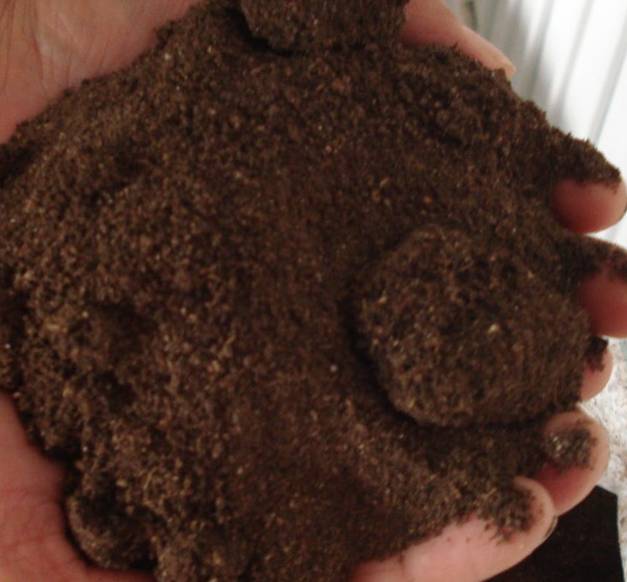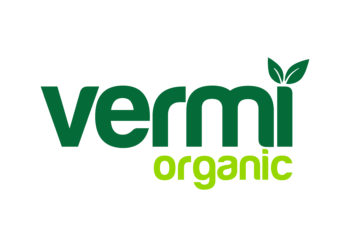The earthworm humus, coming from some type of organic residue, is a high quality natural fertilizer. It is recognized by the best soil scientists as an unbeatable product for the recovery of unproductive soils.
The vermicompost has a wide range of possibilities of use, from housewives for their small home plants to large farms. Its extraordinary composition means that this product can be marketed both in supermarkets and in large fruit and vegetable cooperatives.
Why use Vermiorganic worm castings?
These are some of the reasons why we recommend its use:
- Because it has a large number of nutritional elements.
- It incorporates both macro nutrients and trace elements essential for the proper development of plants.
A part of these nutrients are already mineralized and are assimilated by the plant instantly (short-term effect of humus). On the contrary, another fraction is found as part of the organic matter present in the humus. These elements will be gradually released into the soil solution (effect of humus in the medium and long term), thus covering the continuous demand for nutrients by the plant, avoiding excessive losses due to leaching and ultimately making the fertilizer yield be maximum.
Because it has exceptional biological characteristics.
- The microbiota present in the humus gives this fertilizer unmatched properties.
This microbiota is a producer of growth factors (vitamins, amino acids) and hormones such as Auxins, Cytokinins, Gibberellins, etc., which regulate such important phenomena as the development and flowering of all types of plants.

In addition, the microorganisms are responsible for progressively mineralizing the organic fraction of the humus, releasing the nutrients slowly and promoting their assimilation by the plant roots.
Arranged in the rhizosphere, the humus microbiota releases antibiotics to the environment, thus avoiding the attack of pathogenic microorganisms through the root.
- For its good physical properties.
Humus defines itself as an improver of the structure of soils, thanks basically to its organic content and more specifically to its humic fraction. That is why it significantly improves (around 15-20%) the water retention and cation exchange capacity of poor and poorly structured soil (sandy soils), in the same way that it favors drainage and excess aeration of soils. compacted (clay soils).
- Because of its neutral pH.
Given the pH of the humus 6.8-7.1 all the nutrients present in it are in their optimal range of solubilization towards the soil solution, from where the plant takes them. It can also be applied in large doses without any phytotoxic effect for the plant, moreover, a plant could be perfectly cultivated using only worm humus as a substrate, far from showing any type of problem or deficiency disease, the plants develop with vigor without equal. In the same way, it is ideal for the germination of any type of seed in a short period of time.
- Due to its blackish appearance, fine texture and intense forest smell that make handling this product a real joy, far from stinking fertilizers and highly irritating chemical products where … “in which case of ingestion or contact with the eyes, go immediately to the doctor”
- Because it is an ecological product throughout its production process and its use, apart from being beneficial for plants, is beneficial for the environment. At this point, say that humus is obtained from residual materials from agricultural and livestock activities.






